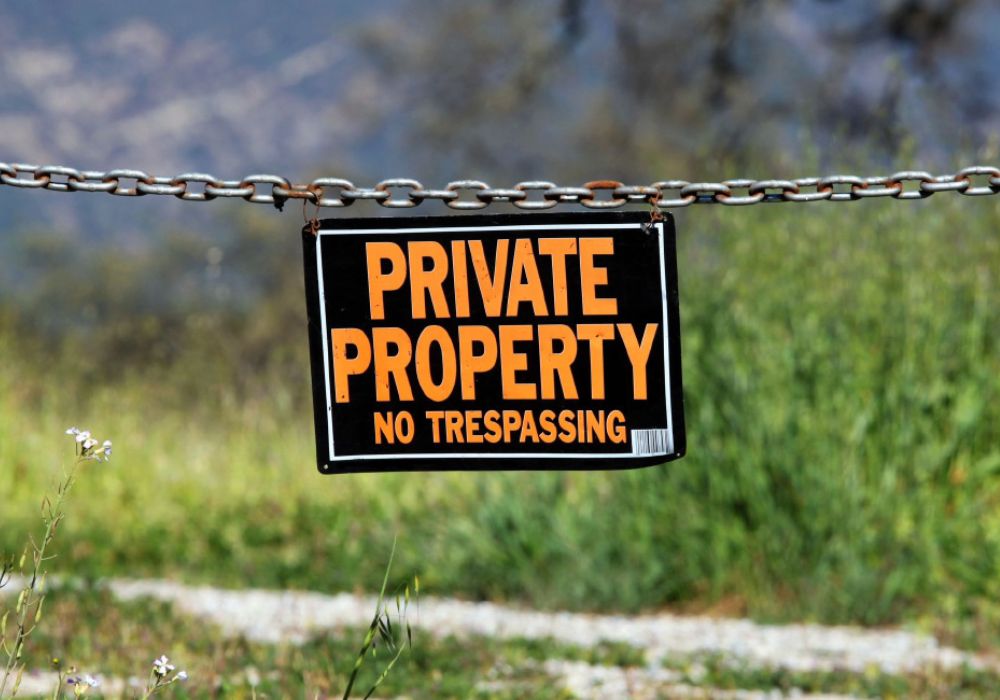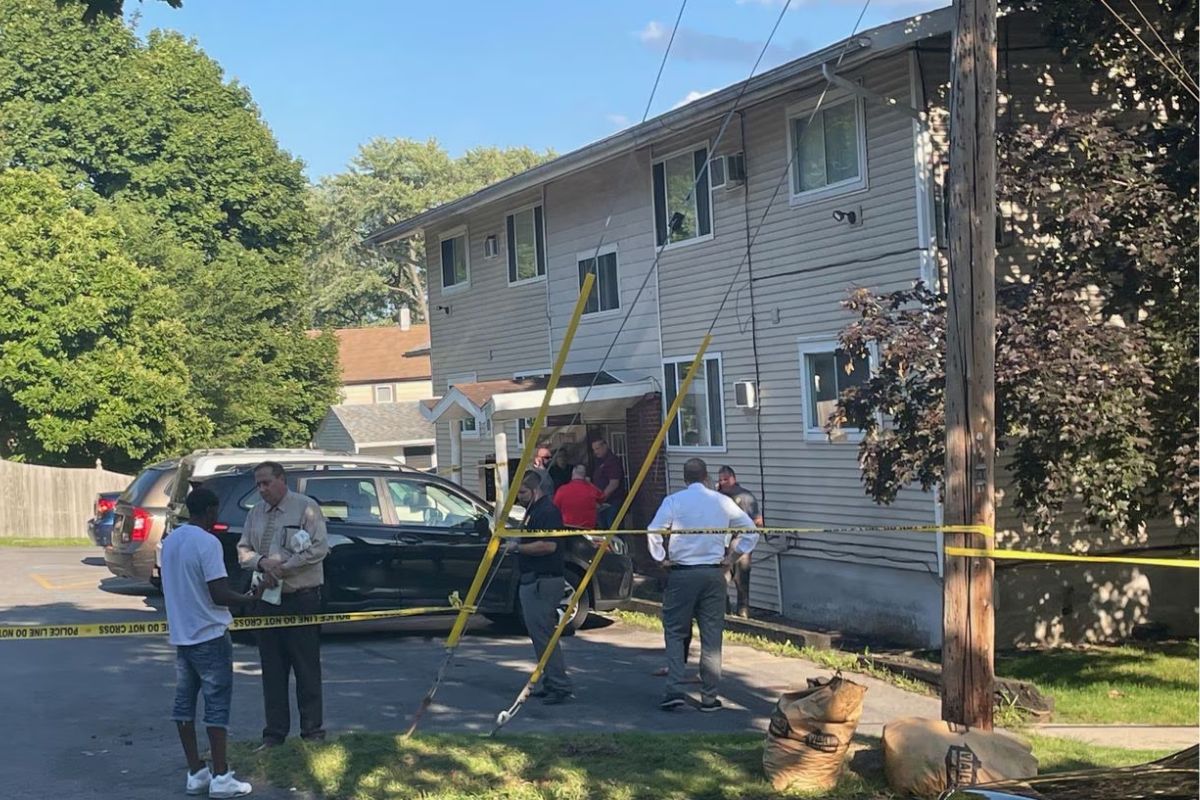Have you ever wondered what happens to your furniture when you leave it behind in an apartment? It's a common scenario that many people face when moving out or relocating. Whether it's a couch, a table, or a set of chairs, these pieces of furniture often get left behind for various reasons.
In this article, we'll look at what happens when you leave furniture in an apartment and reveal the outcomes for those forgotten pieces.
What is the general rule about leaving furniture?

In most cases, tenants are responsible for removing all furniture and personal items from the apartment when moving out. Unless specific arrangements have been made with your landlord, the general expectation is that you will take all furniture with you. Some exceptions may be if you are renting furniture from the landlord or have written permission to leave certain items.
But upholstered furniture, mattresses, and large fixtures like desks or bookshelves should be taken when vacating the unit.
Can you leave anything behind?
Leaving unwanted items is typically not allowed without approval from the landlord. Most leases require tenants to return the apartment in the same condition as move-in, minus normal wear and tear. Any property left becomes the landlord's responsibility to dispose of, and you can be charged cleaning or dumpster fees.
Make sure to get written consent if wanting to donate or abandon couches, beds, dressers, or the like. Small decorative items or unopened food may be permissible with notice. But large, bulky, or soiled furniture poses hassle and risk of fines.
What happens to furniture if you don't remove it?
In the event a tenant moves out without taking furniture, property managers will usually remove and dispose of the items. This is done to prepare the unit for the next residents. The costs associated with furniture removal like labor, dump fees, or property damage can then be deducted from the security deposit.
If expenses are more than the deposit amount, the previous tenant may receive a bill for the balance. To avoid additional fees, it is in the renter's best interest to fully vacate belongings upon ending their lease term.
What happens when you leave furniture in an apartment?
When you leave furniture behind in an apartment, it is usually discarded in most circumstances. Landlords have concerns about liability and hygiene, so they typically do not donate or sell abandoned furniture. Instead, the furniture may be taken to the dump or placed curbside for bulk trash pickup.
While the property owners aim to properly dispose of cracked, foul, or damaged furnishings, the items are still considered garbage without permission to remain. Tenants risk forfeiting their security deposit or owing further removal fees if not transporting furniture themselves upon move out.
Related: Are Tenants Responsible For Cleaning When Moving Out?
What if you only leave one piece?
Leaving a single chair, table, or small item is still not advised without approval. Doing so would likely trigger deductions or a fine since property managers then must spend time tracking ownership and arranging special junk removal. Even one piece of debris can accumulate fees that may cancel out a security deposit refund.
The safest practice is removing all furnishings, down to small accents, unless an exception has been prearranged in writing with the landlord.
Where can you donate unwanted furniture?
If you have furniture in good condition to offer to charitable causes, options like Salvation Army, Goodwill, or local housing assistance programs may accept donations. However, the tenant must arrange transportation themselves.
Items cannot be abandoned at the rental property. You could also research housing or women’s shelters needing furnishings, or advertise giveaways on social media marketplaces if delivering.
But clearing all property from the premises is required as part of move-out cleanup according to most lease terms.
What if you leave furniture outside the building?
Placing large items near dumpsters or curbside is prohibited without landlord permission. Apartment complexes have trash removal agreements, and extra or unplanned bulk items cause large collection fees passed to the property owner.
As a result, those charges would likely be sent to the previous tenant. Familiarizing yourself with the rental agreement terms and properly disposing of no-longer-wanted furnishings is important for a successful move-out and security deposit reimbursement.
Conclusion
In summary, tenants are responsible for removing all furniture and personal belongings when vacating a rental apartment. Unless other arrangements have been approved in writing, anything left behind can trigger cleaning and disposal expenses subtracted from the security deposit or invoiced to the resident.
For a smooth end to the leasing period, residents should thoroughly clear out furnishings and fully clean their unit. With careful planning and by following the lease requirements, renters can avoid penalties and ensure they receive their deposit refund.





